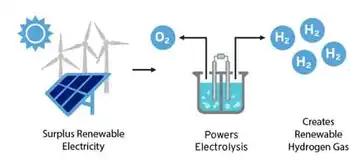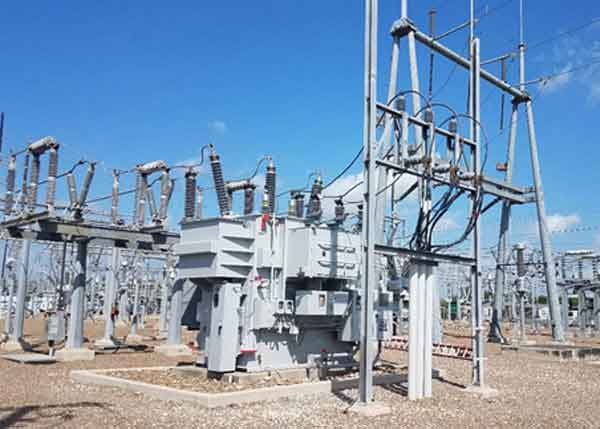Second nuclear reactor in New Brunswick could affect Mainers
By The Ellsworth American
NFPA 70b Training - Electrical Maintenance
Our customized live online or in‑person group training can be delivered to your staff at your location.

- Live Online
- 12 hours Instructor-led
- Group Training Available
For years now, Governor John Baldacci and his counterpart in New Brunswick, Premier Shawn Graham, have been exploring the legal, political and economic complexities of an energy partnership between Maine and New Brunswick.
Those discussions will continue in Augusta, when Graham addresses a joint session of the Maine Legislature on Feb. 12.
New Brunswick and adjacent Atlantic Canada provinces are seen by Baldacci and Maine Public Utilities Chairman Kurt Adams as potential sources of lower-cost electricity for Maine consumers than power now purchased through New EnglandÂ’s wholesale energy market. New Brunswick officials see Maine as a gateway to energy-needy urban areas in the Northeast.
A Maine-New Brunswick energy partnership would take advantage of a curious supply-and-demand situation. MaineÂ’s biggest demand for electricity is in the summer, when air conditioning drives up electric bills. New BrunswickÂ’s biggest demand in the winter, as most homes and other buildings there rely on electric heat. Cross-border exports would help both partners meet seasonal peak load demands.
Maine and other New England states could also move toward meeting their carbon emission reduction goals by consuming electricity produced in Atlantic Canada facilities that donÂ’t burn fossil fuels. New Brunswick, Nova Scotia and Prince Edward Island are home to wind farms, hydro-electric plants and the existing nuclear generating station at Point Lepreau near Saint John.
New Brunswick Energy Minister Jack Keir received a feasibility study that evaluated market demand for electricity generated by a proposed second nuclear generator at Point Lepreau. That market, the study said, could include energy exports to Maine and through Maine to other New England states that now rely heavily on oil and natural gas as fuel sources for generating electricity.
Keir said the cost of a second reactor and a timeline for its construction have yet to be determined.
Existing transmission lines between Point Lepreau and Orrington are sufficient to handle the output of one reactor, he said, but new lines would be needed to handle the output of two reactors for export into New England. Keir said private-sector investors in a second reactor would also want long-term contracts with U.S. utility companies, which could prove problematic.
“This is a huge decision and a huge investment,” he said of the proposed expansion at Point Lepreau.
“We’re moving ahead aggressively to push for a win-win partnership with Maine,” Keir told The Ellsworth American by phone. “These things never move ahead as quickly as you would like, but we’ll work on it until we get it done.”











